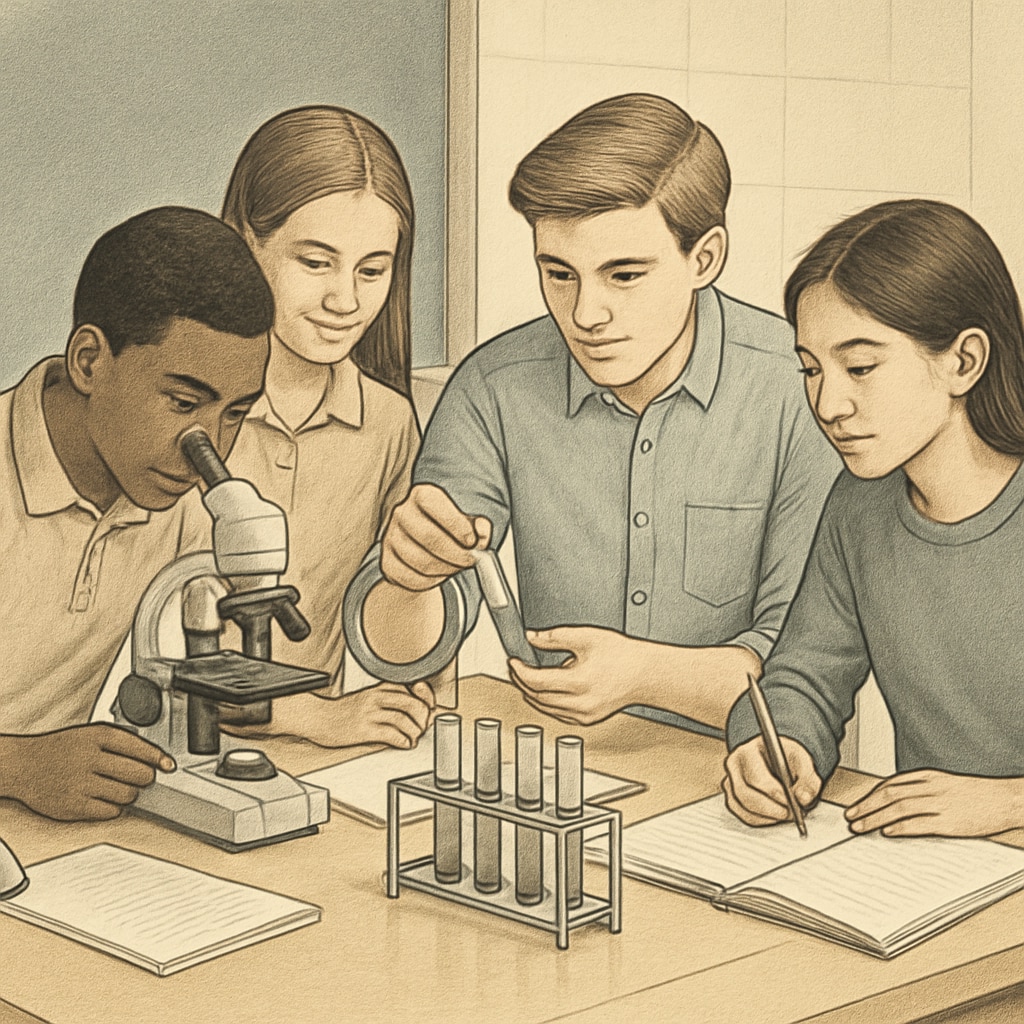Academically gifted 9th grade students often seek ways to go beyond the standard curriculum to deepen their knowledge and pursue specific career aspirations, such as becoming a neurosurgeon. These students require a customized learning path that balances academic rigor, professional skill-building, and emotional well-being. This article delves into effective methods for supplementary learning, offering a structured plan for exceptional young learners who aim to excel both in school and their future careers.
Identifying Goals and Designing a Personalized Learning Plan
Exceptional students frequently have unique goals that require targeted learning strategies. For example, a 9th grader aspiring to be a neurosurgeon may benefit from resources focused on biology, anatomy, and neuroscience. To design a personalized learning plan:
- Assess current strengths: Identify subjects where the student excels and areas they wish to improve.
- Incorporate professional resources: Introduce advanced textbooks, online courses, and hands-on activities aligned with neuroscience.
- Set milestones: Create short-term and long-term goals to maintain motivation and track progress.
Such a plan ensures academic depth while keeping the student engaged and focused on their aspirations.

Broadening Skill Sets Beyond Academics
While academic achievement is vital, broadening skills beyond the classroom is equally important for career development. Aspiring neurosurgeons, for instance, can benefit from cultivating professional skills such as communication, critical thinking, and teamwork. Consider the following strategies:
- Public speaking: Encourage participation in debate clubs or presentations to build confidence and communication abilities.
- Problem-solving activities: Introduce puzzles, case studies, or group projects to enhance analytical thinking.
- Volunteer opportunities: Explore options for shadowing medical professionals or volunteering at healthcare facilities.
These experiences not only prepare students for their future careers but also foster personal growth and resilience.

Maintaining Psychological Well-Being
Highly ambitious students may face stress due to academic expectations and career goals. Therefore, ensuring mental health is a crucial aspect of any supplementary learning plan. Here are some tips:
- Balanced schedules: Allocate time for both study and leisure activities to prevent burnout.
- Mindfulness practices: Encourage techniques like meditation or journaling to manage stress effectively.
- Support networks: Provide access to mentors, counselors, or peer groups for emotional guidance and advice.
By prioritizing mental health, students can maintain focus and achieve their goals without compromising their overall well-being.
Learn more about neuroscience on Wikipedia and biology resources on Britannica for further reading.
Conclusion: The Path to Excellence
Designing a supplementary learning path for academically gifted 9th grade students, especially those aiming to become neurosurgeons, requires a balance of academic depth, skill-building, and emotional well-being. By identifying goals, broadening skill sets, and prioritizing mental health, parents and educators can empower these young learners to thrive both in school and their future careers.
Readability guidance: Use clear sections with concise paragraphs and lists to summarize key points. Incorporate examples and external links to enhance understanding without overwhelming the reader.


